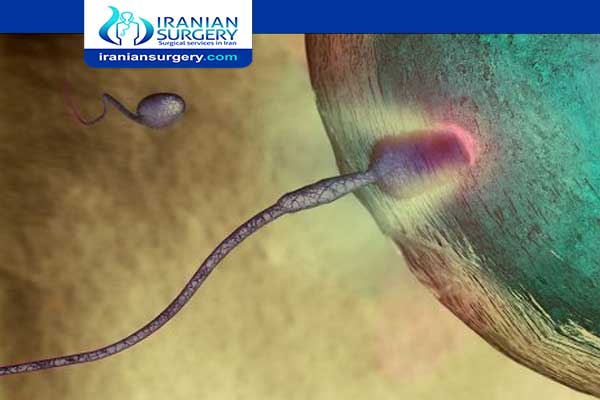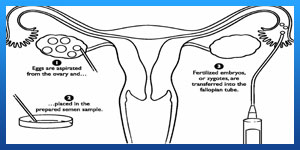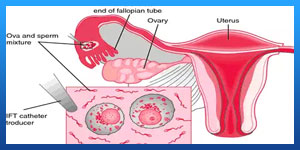ZIFT advantages and disadvantages

ZIFT Procedure Advantages and Disadvantages
Advantages and Disadvantages of ZIFT
What are the pros of ZIFT?
. Fertilized eggs. ZIFT is slightly more reassuring than GIFT because the doctor confirms that eggs have been fertilized before placing them in the fallopian tubes.

Read more about : What are the differences between GIFT and ZIFT?
. Natural implantation. ZIFT allows a developing embryo to travel into the uterus on its own, which may appeal to you if you'd like your baby to develop as naturally as possible (although there are no medical reasons why natural fertilization is preferable to assisted fertilization).
. No link to cancer. Recent studies have shown no connection between ovulation-inducing fertility drugs and cancer. Early studies suggested that exposure to fertility drugs might lead to a higher risk of ovarian cancer or other cancers of the female reproductive system.
Read more about : Ivf in Iran
What are the cons of ZIFT?
. Expensive. ZIFT involves expensive lab work, medications, and surgery.
. Time-consuming. Monitoring fertility drugs requires a lot of time, with frequent trips to the doctor's office for blood tests and ultrasounds.
. Hard to find. Many fertility clinics don't even offer ZIFT as a treatment alternative.
Requires surgery. Transferring zygotes to your fallopian tubes requires invasive surgery, unlike IVF.
. Multiples more likely. Because multiple zygotes are usually transferred to the fallopian tubes, you're more likely to have twins or more. Though many couples consider this a blessing, carrying multiple fetuses increases the risk of miscarriage and other complications.
. Other health risks. As in IVF, women who use ZIFT have a higher risk of delivering a premature or low-birth weight baby. If your body responds too well to fertility drugs, you can develop ovarian hyperstimulation syndrome (OHSS). And while all ART treatments have a greater risk of ectopic pregnancy, the risk is higher with ZIFT than with IVF.
. It may not work. Your treatment can be cancelled if you develop OHSS or if not enough follicles grow.

________________________________________________________________________________________________________________________
Infertility Treatment with Iranian Surgery Specialists
Iranian Surgery doctors have helped thousands of people begin or expand their families over the years. Your compassionate team of experts can evaluate the cause of your infertility, and help you find a treatment plan that's the right fit for you.
Iranian Surgery specialists in obstetrics and gynecology are leaders in infertility treatments, and will work with you to conceive via medication, surgery, in vitro fertilization (IVF) or another method.
Iranian Surgery doctors have extensive experience in diagnosing and treating infertility in couples. Each year, our experts see nearly 400 men and women with infertility issues.
Advanced diagnosis and treatment
Our team is a leader in advanced infertility treatments, including oocyte preservation, fertility preservation, and treatment of uterine fibroids and endometriosis. So, you can freeze oocytes to create an appropriate number of embryos. The Iranian Surgery team is constantly assessing the latest evidence in fertility treatments to give you the best options while minimizing delays and unnecessary tests.

_________________________________________________________________________________________
Read more about : What are the Biggest Differences between IUI and IVF?
Read more about : Can i bend down after embryo transfer?
Read more about : Can you have twins with ICSI?

